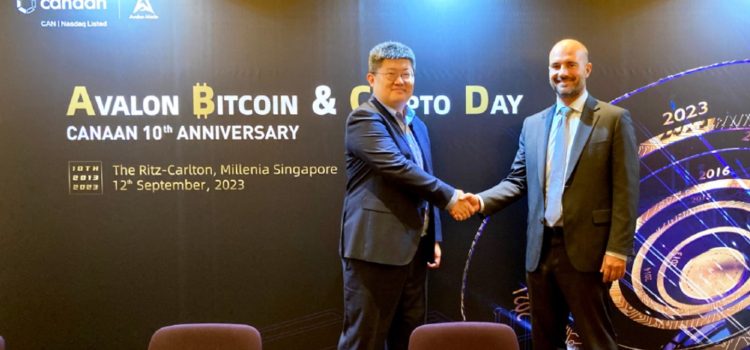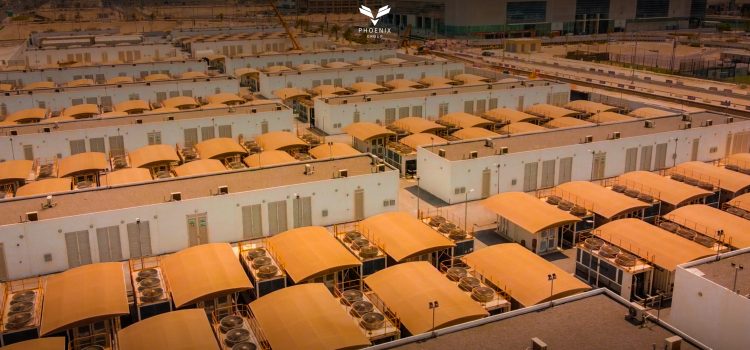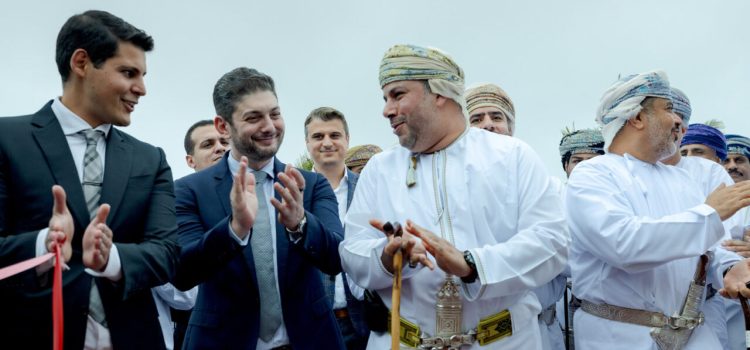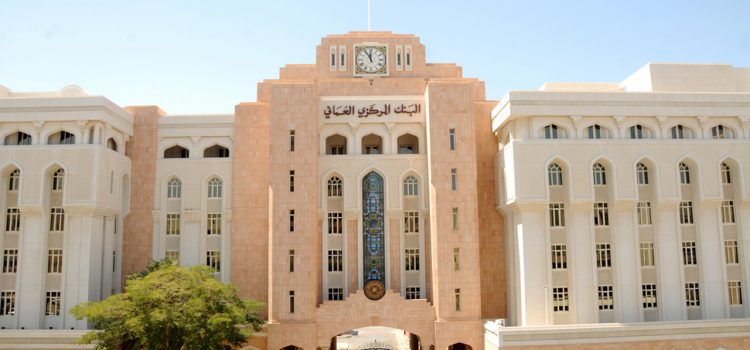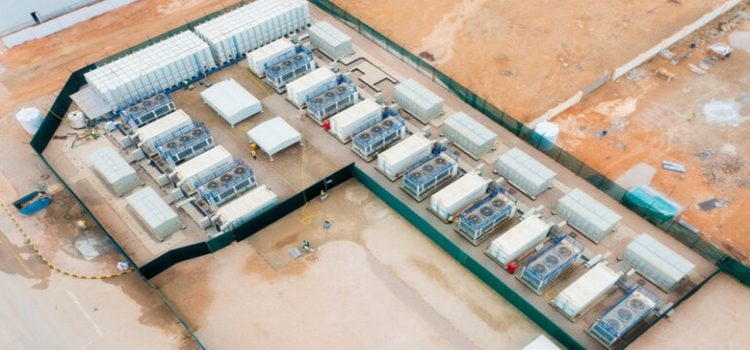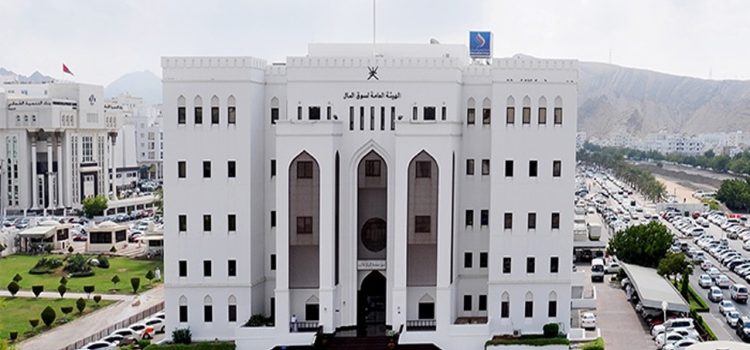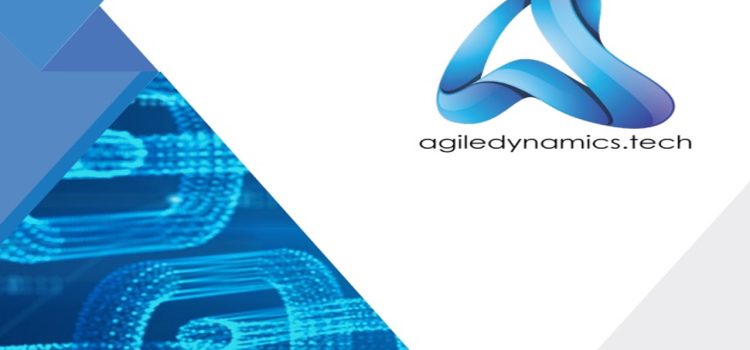
China’s Bitcoin crypto mining and Blockchain hardware manufacturer, Canaan, has signed a crypto mining agreement with Oman’s Green Data city to pilot phase of a new crypto mining operation in Oman.
The new site will be installed in the facility of Green Data City, and under the agreement, Canaan has the option to expand the total capacity to up to 100MW.
The crypto mining operations in Oman will start in Q4 of 2023.
In August 2023 Oman’s Green Data City and Abu Dhabi’s Phoenix Group signed an agreement to develop a 150MW crypto-mining farm in Oman. The new farm will be set up in Green Data City was noted that it will be operational by Q2 2024, becoming one of the largest crypto-mining data centers in the region.
Phoenix Group is experienced in the development, operation, and management of crypto data centers. It is also the exclusive distributor of industry-leading mining equipment, MicroBT.
Oman was chosen as a location due to the long-term security provided by the Green Data City mining license, the entities’ common vision to develop cryptocurrencies mining and AI applications with the Ministry of Transport, Communication and IT (MTCIT), and the cooler weather in Oman, in particular in the region of Dhofar, which reduces the cooling energy consumption to a minimum, making the sultanate a sustainable destination for mining in the region.
The deployment will start with the new Avalon Box mining container featuring immersion cooling. The project also has the potential to deploy Canaan’s other advanced products, including the latest series A14 Avalon miners with a record efficiency of 20J/T, later in
2024.
Green Data City LLC is the company that operates the first license for sustainable crypto-mining in Oman since 2022. International mining companies can register and operate in Green Data City with long term agreements. The first phase of development consists of 200MW of mining capacity, the second phase will reach 400MW hyperscale data center capacity with natural cooling, renewable energies and downstream applications.








